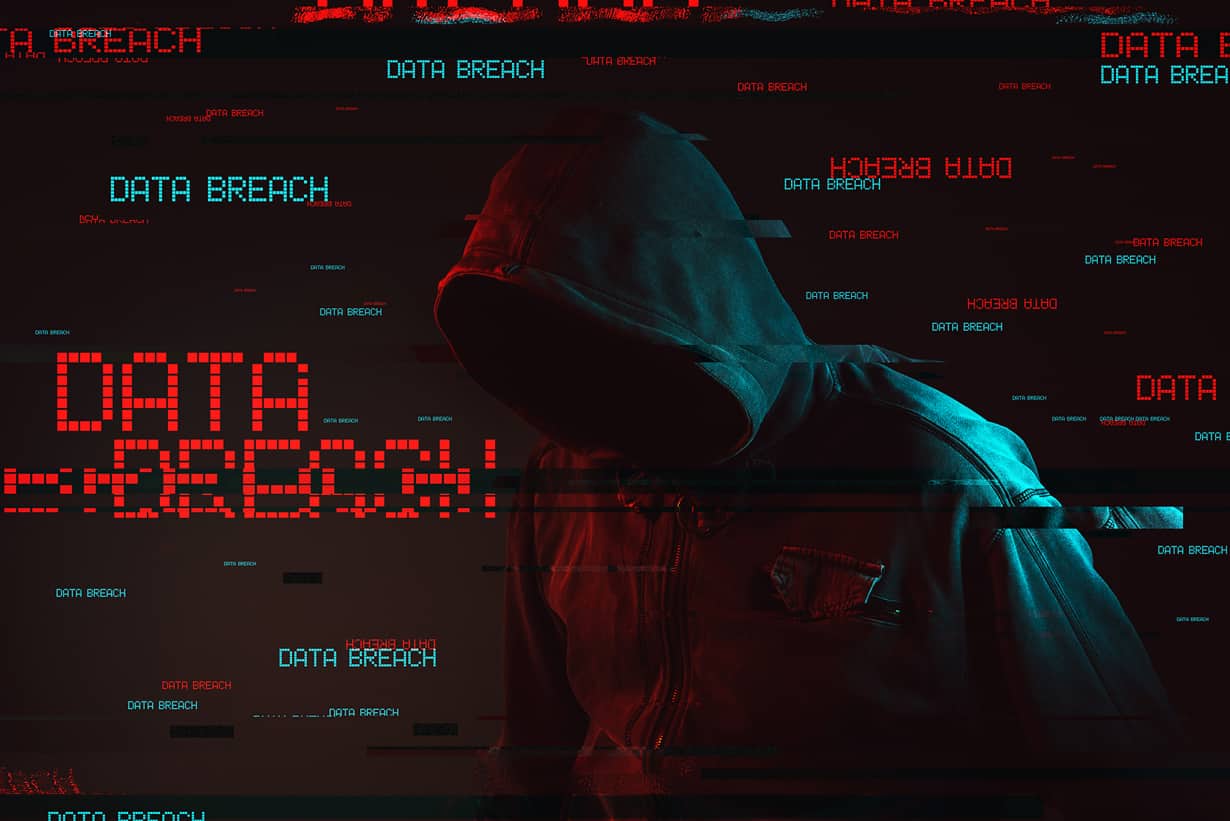Data breaches are unfortunately no exception any more. With the roll out of the GDPR, companies have a real obligation (with fines) to report a data breach. We can assume that the number of reported data breaches will raise in the near future. This does not necessarily indicate more security issues. It definitely is caused by better reporting.
4 tips that help you to prevent a data breach
There isn’t a single solution that is 100% waterproof when it comes to avoiding a data breach. But there are several things you can do yourself. And the good thing is: there often for free. It will take some effort, that’s all!
Lock your computer when you leave your desk
When you park your car in a parking lot , you lock your car. If you leave from home, you lock the door. When you leave your computer unattended, you lock it. It sounds logical but unfortunately very few people do it. You often hear arguments like ” I do trust my co-workers, you know” or “What can go wrong when I’m working at home” These are reasonable arguments but humans are creatures of habit. When we do something in exactly the same way time after time, at a certain moment, it seems like we don’t need to think about it. And that’s what we do, we stop thinking about it. This also goes for locking your computer. When you make a habit out of it, you don’t need to wonder whether you locked it when working at another location. A small effort to prevent a data breach.
Don’t limit your actions to your car or computer
Locking your computer is the first step in decreasing the chance for a data breach. Never limit your actions to your computer or car. Are all your documents with confidential information stored safely? Why would you try to hack a computer, if you can take the file with all confidential information from an open cupboard? The same goes for back-up tapes or disks. The most companies safeguard their back-up tapes close to their server. Just like the files with confidential papers and the back-up tapes, other data in the company should be protected against unauthorized access: contracts, customer and supplier data, order histories, staff records, … When loosing certain data would cause you a lot of problems, then it’s definitely worthwhile to safeguard this data.
A clean desk when you’re not around
It probably already happened to you. You entered an office and you saw files with confidential or commercial information. The solution: a clean desk. There are multiple reasons to introduce a clean desk policy. Working at a clean desk reduces the distractions. You can fully focus on the job at hand. When you store the files that you don’t need to do today’s work, you never have a backlog of files to file. At a certain moment you want to avoid the backlog at all costs. On top of these productivity advantages, data protection is the biggest reason for implementing a clean desk policy. By filling a possible information, you reduce the chance that sensitive information gets exposed.
Old documents end in the paper bin aka data breach nightmare
It seems logical but unfortunately a lot of confidential data end up in the paper bin. This includes copies of bank statements of draft order forms. To prevent data breaches, confidential documents should be shredded.
If you want know more about data protection, don’t hesitate to contact us.

